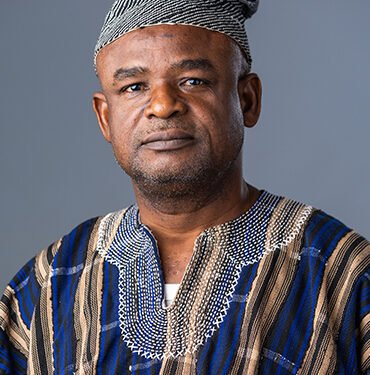France’s highest court has ruled that an arrest warrant for former Syrian leader, Bashar al-Assad was invalid as it was issued when he was still in office.
The Cour de Cassation upheld Al-Assad’s head-of-state immunity, but added that since he is no longer in office, “new arrest warrants may have been or may be issued against him for acts that may constitute war crimes or crimes against humanity.”
The President of the Cour de Cassation, Christophe Soulard, said in the ruling that 19 judges had declined to lift Al-Assad’s immunity, but that a new arrest warrant could be issued to pave the way for his trial in absentia in France over the use of chemical weapons in Ghouta in 2013.
French investigating magistrates had issued the warrant in November 2023 following a French investigation into chemical weapons attacks in the Syrian city of Douma and Eastern Ghouta district in August 2013 that killed more than 1,000 people.
Then-President Al-Assad’s government denied using chemical weapons during the country’s civil war that broke out in 2011. Assad was toppled in December last year by Islamist rebels whose leader is now the interim President.
The Court of Cassation’s decision overturns one made by the Paris Court of Appeal, which had ruled last year that the warrant was valid. Prosecutors, who would need to ask police to carry out the warrant, had challenged its validity.
The Court of Cassation said in a statement, “International custom does not allow any exception to the personal immunity of a foreign head of state during the entire duration of their term in office, even when the alleged acts constitute genocide, war crimes, or crimes against humanity.”
“The arrest warrant issued at a time when this person was the head of state of Syria is therefore invalid … However, an arrest warrant for war crimes and crimes against humanity can now be issued since this person no longer holds the position of Head of State.”
Cour de Cassation
The decision is a blow to activists who had hoped the court would set aside the immunity, a decision that could have had far-reaching consequences for other leaders accused of atrocities.
Court Ruling Deemed A Mistake
Mazen Darwish, President of the Syrian Center for Media, which collected evidence of war crimes, stated, “From our side as a victim, this is a huge mistake.”
“This will support another dictatorship to keep doing this kind of crime — they know they will enjoy immunity.”
Mazen Darwish
Syrians often took great personal risk to gather evidence of war crimes. Darwish said that in the aftermath of a chlorine gas attack in Douma, for example, teams collected witness testimonies, images of devastation and soil samples.
Others then tracked down and interviewed defectors to build a “chain of command” for the Syrian government’s chemical weapons production and use. “We link it directly to the President himself, Bashar al-Assad,” he said.
Also, Mariana Pena, a lawyer with the Open Society Justice Initiative, which helped bring the case to the court, said that the court’s ruling is “a missed opportunity for justice,” but said that the ruling “leaves the door open to the prosecution of Assad.”
New warrants after Friday’s ruling in France could lay the groundwork for the former leader’s trial in absentia or potential arrest, if he travels outside Russia.
Any trial of Al-Assad, whether in absentia or if he leaves Russia, would mean this evidence could then “be brought to light,” Pena said, including an enormous trove of classified and secret evidence amassed by the judges during their investigations.
READ ALSO: Heath Goldfields Pays GHS 80 Million in Legacy Salaries to Revive Bogoso-Prestea Mine






















